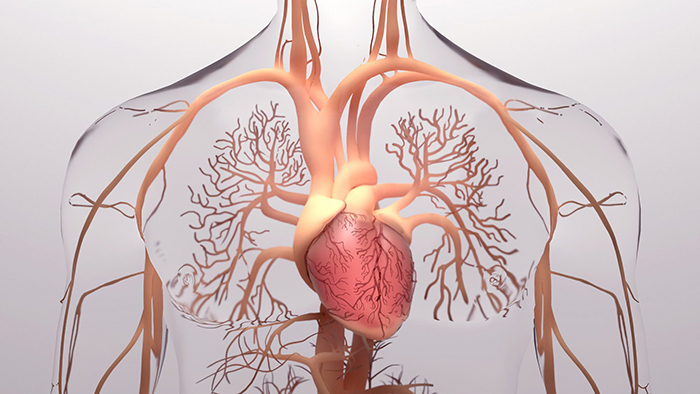What Are Varicose Veins?
Varicose veins are enlarged and twisted veins. The most commonly affected veins are those in your legs, but any vein in the body can be affected. Symptoms of varicose veins can include:
- Dark purple or blue colored veins
- Twisted, bulging veins
- Achy or heavy feeling in the legs
- Burning or throbbing pain
- Muscle cramping near the vein
- Swelling in the lower legs
- Pain that worsens after sitting or standing
- Itching around the vein
- Skin discoloration around the vein
Varicose veins are caused by a weak valve in a main, superficial vein. Over time, the smaller veins leading to the main vein become swollen, leading to varicose veins. Women are more likely to develop varicose veins. However, genetics is the biggest risk factor.
What To Expect During the Varicose Vein Treatment Process
Treating varicose veins can take anywhere from 6-12 months. The process includes several steps that ensure you are getting the right treatment to address your pain and other symptoms. It starts with a consultation appointment.
Step 1: Varicose veins consultation and ultrasound
The initial consultation with a vascular surgeon gives you the opportunity to share your complete medical history. Your surgeon will ask about your symptoms and goals for treatment. After the initial consultation, you will have an ultrasound. The ultrasound provides additional details on the size, location and severity of your varicose veins.
Step 2: Creating a customized treatment plan
After the ultrasound, your surgeon will begin to work on creating a treatment plan for you. This takes about one week after your first ultrasound. Your treatment plan will begin with a conservative approach, such as lifestyle modifications. These non-invasive steps may include:
- Exercising regularly
- Elevating legs
- Wearing compression hose
- Creating a weight loss plan
If a conservative approach does not work, your doctor may recommend other treatments, usually starting with minimally invasive therapies.
Vein ablation is one of the most common procedures to treat varicose veins. This outpatient procedure uses only local anesthesia and seals off diseased varicose veins to redirect blood flow to nearby healthy veins. This helps reduce swelling of the veins.
There are many different types of vein ablations. Your treatment plan will recommend the approach that’s right for you.
- Radiofrequency ablation (VNUS closure)
- VenaSeal closure system
- Varithena
- Endovenous laser treatments (EVLT)
Treatments for varicose veins may also include:
- Ambulatory phlebectomy/excisions
- Sclerotherapy
Learn More About Vein Ablation
Step 3: Getting insurance approval
Once you and your surgeon agree on your treatment plan, the plan is sent to your insurance company for approval or denial. This step can take as long as 5-6 weeks. If the plan is approved, you can schedule your first treatment.
If your plan is denied, your vascular surgeon will adjust your plan as necessary to meet insurance requirements if appropriate. Typically, approval is contingent on a re-evaluation in 6 weeks and/or another ultrasound.
The most common reasons for a denial include:
- More conservative treatment required
- Pain does not interfere with daily life
- Vein diameter does not meet insurance requirements
Step 4: Starting treatment
As soon as your insurance approves your treatment plan, you can schedule your first appointment. Treating varicose veins requires multiple appointments and can take 6 months or more.
Before and after pictures

View Our Frequently Asked Questions for More Vein Treatment Information
Take the first step to finding relief from varicose veins. Call the Emory Vein Center today at 404-778-VEIN (8346).
About Emory Vein Center
Emory Vein Center offers comprehensive treatment for varicose veins by board-certified vascular surgeons. Our physicians are fellowship-trained and specialize exclusively in the treatment of vascular disease. Emory Healthcare offers many therapies to help relieve pain and minimize the appearance of varicose veins. Together, we’ll find the right approach for you.
To meet the needs of our patients, we are pleased to offer telehealth or remote visit options. Telehealth visits allow us to deliver patient care through a video or phone appointment in the comfort of your home. Your physician will determine if it is a good option for you. Learn more about our telehealth service and how to access and prepare for a telehealth visit.





